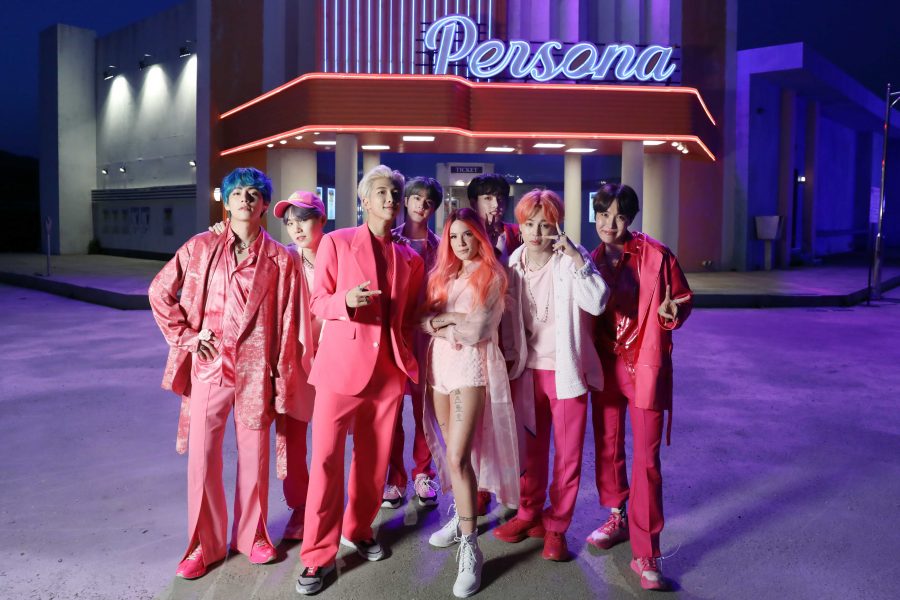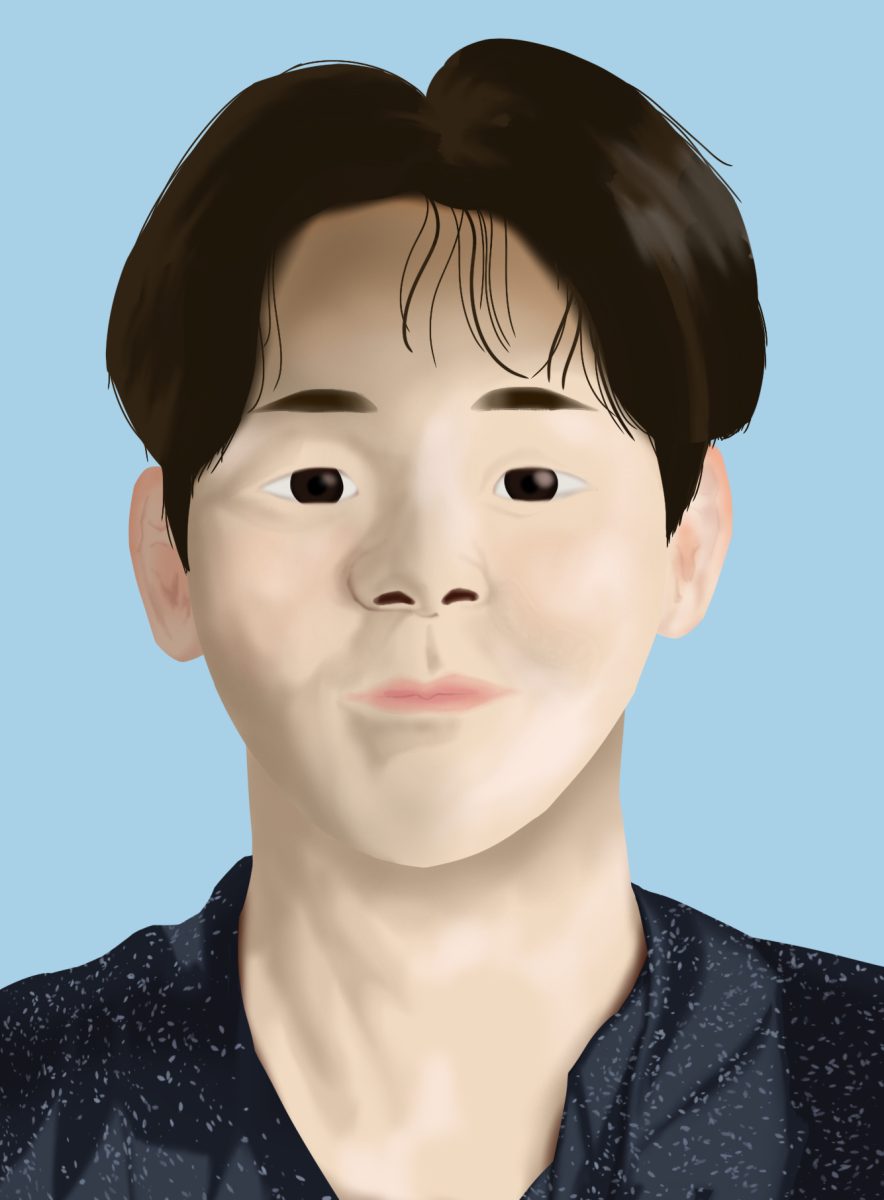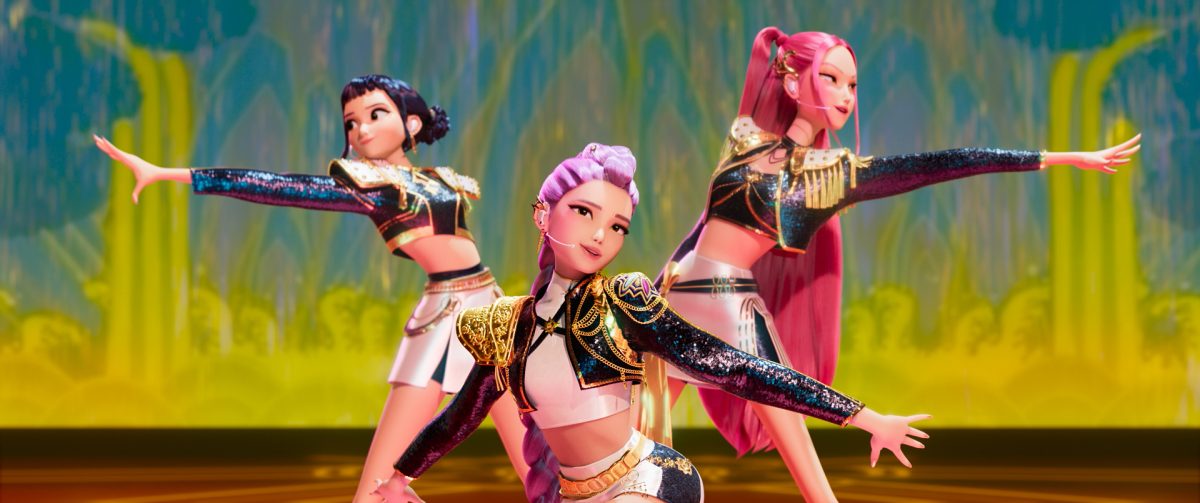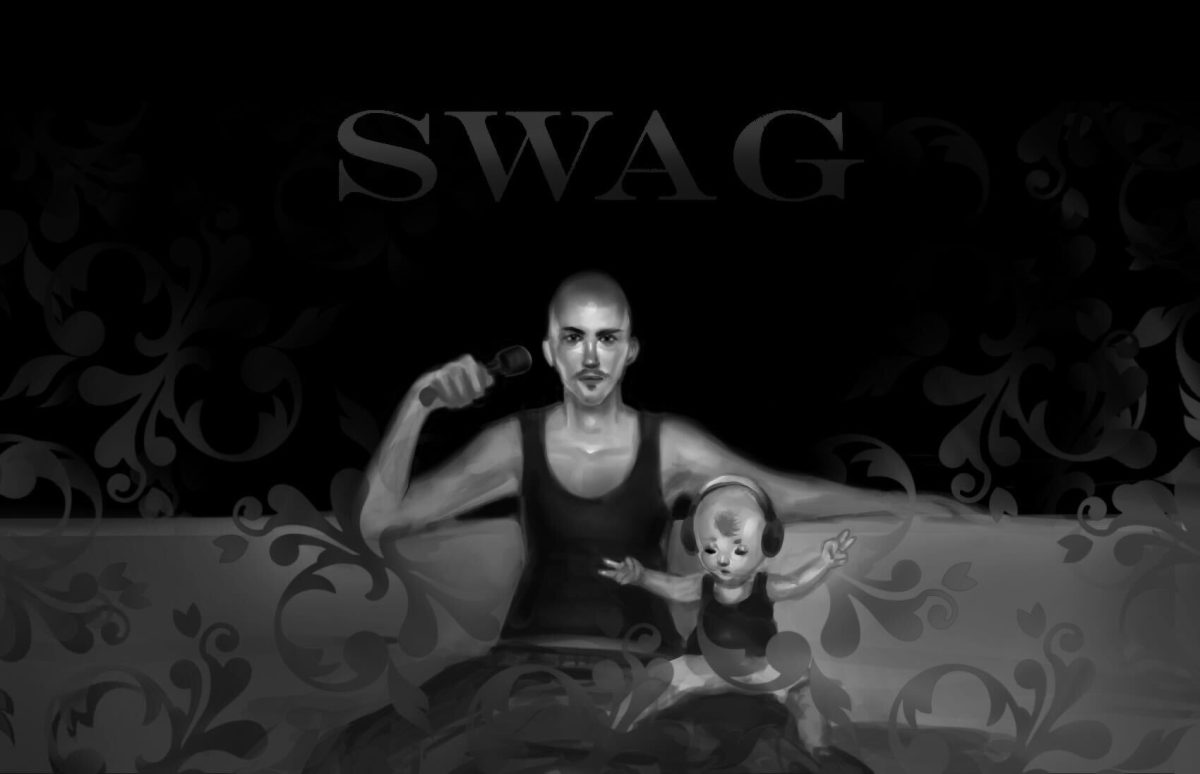With the new BTS album coming out, BTS’ massive fan base will get to view the seven-member band’s public lives once again. With their good looks and articulately perfect dancing, it would seem that the seven boys are having the time of their life.
Although I cannot measure the quality of the boys’ lives, many K-pop trainees, celebrities and even actors live a far harder and cringe-worthy life than the alluring angle they show in music videos, movies and interviews.
BTS’ famous theme “Love Yourself” sheds light on the lack of self love that these South Korean celebrities deal with when it comes to fame, starting from their predebut training all the way to their peak stardom.
The scandal-ridden K-pop industry has long been hidden under all its glamour and popularity until recently when multiple suicides, such as SHINee lead singer Kim Jong-hyun and actress and singer Sulli, started to spot the industry’s brilliant cover with discredit and shame.
Trainees in South Korea and many other countries start their rigorous training to outcompete others in singing, dancing and good looks in hopes of impressing “star management” agencies who deem them good enough to debut.
The chances of debuting are slim to none, and even when they do debut, K-pop singers sign contracts that virtually turn them into slaves in which personal life is neglected and health is not prioritized to meet South Korea’s harsh standards for good looks and talent, according to a June 25, 2015, bbc.com online article about K-pop stars.
At the young age of 9, I had already been exposed to K-pop and its craze for skinny, perfectly proportioned, pretty girls, which I had no idea was made possible with plastic surgery. I felt extremely insecure about my own looks even before I had the chance to grow and develop my own sense of style.
I remember comparing my darker skin tone in the summer to the porcelain-like, pale skin of K-pop stars like Yoon Bora from the girl group Sistar. I tried scrubbing myself in the shower to try and rub the dark tone off, which obviously didn’t work, but it seemed plausible and made sense to my young mind.
Luckily, my mind never wandered into a darker direction because of my insecurities thanks to a strong family support system, but according to an April 26, 2018, koreaherald.com online article about suicide, appearance is the second reason for suicide among teens in Korea as of 2018.
It’s obvious that South Korea can make progress in displaying better role models for upcoming generations that are influenced by a rash of celebrity suicides, and my native country is taking steps. For example, federal lawmakers implemented Strategies to Prevent Suicide (STOPS) in 2015, a project whose “initiatives aimed at increasing public awareness, improving media reporting of suicide, screening for persons at high risk of suicide, restricting access to means and improving treatment of suicidally depressed patients,” according to a 2015 World Health Organization article.
However, deeming that the suicide rate in South Korea is ranked 10th in the world, I think further funding and action must be necessary. Just like America has gone through waves of diversity to reach the level of acceptance it has today, the most important thing this nation needs is a stride toward diversity in what’s considered “accepted” not just in looks but also in academics, careers and more.
Amid all the scandals and gossip, I also see extreme progress overseas from Korean food reaching peak popularity among millennials to the South Korean movie “Parasite” winning four Oscars this month. Progress like this gives me great hope, and I could not be prouder of my country making steps toward becoming a united and stronger nation.














